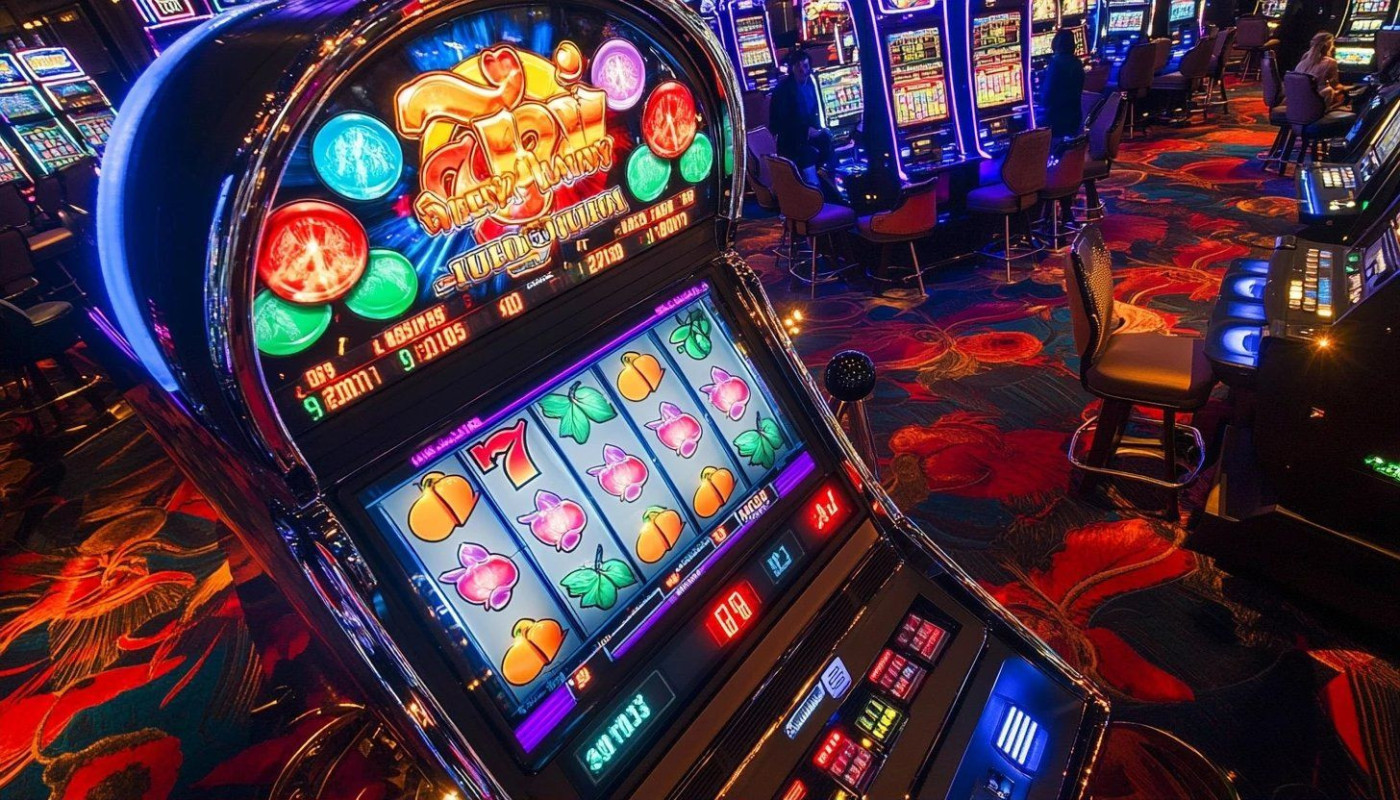Table of contents
In the fascinating realm of betting, risk management is a fundamental aspect most gamblers grapple with. The psychology behind risk in betting is a captivating subject that delves into the decision-making processes and emotional factors influencing how individuals assess and respond to risk. This understanding can uncover intriguing insights about human behavior while also benefiting those engaged in gambling activities by helping them make more informed choices. If you're intrigued by this intersection between psychology, risk, and betting, then continue reading as we unravel these complexities.
The Nature of Risk-Taking in Betting
In the realm of gambling and betting, 'risk' is a fundamental concept that refers to the likelihood of a loss or gain based on a given action. The spectrum of risk varies broadly, from placing a small wager on a horse race to betting a significant sum on a high-stakes poker game. Risk-taking behavior, essentially, is an inherent part of the gambling experience.
Undeniably, certain individuals display a pronounced tendency towards betting due to specific psychological traits. These traits, often rooted in the thrill of risk, can include impulsivity, a high need for excitement, and an intense competitive drive. Such individuals thrive on the rush of adrenaline that accompanies each gamble, finding the uncertainty exhilarating rather than distressing.
Additionally, cognitive dissonance, a psychological theory, plays a significant role in risk-taking behaviors in betting. This theory suggests that gamblers often strive to limit any discomfort caused by conflicting beliefs or values related to their betting behavior. For instance, a gambler may convince themselves that their next bet will result in a big win, thus justifying their continued participation and overlooking any potential losses. In other words, cognitive dissonance can lead to an overestimation of winning chances and an underestimation of the risks involved, further fueling the gambling process.
My credentials as a psychologist specializing in gambling psychology provide a solid foundation for understanding these behaviors. As we delve deeper into the world of betting, we will further explore the fascinating intersection of psychology and risk-taking behavior.
Psychological Factors Influencing Risk Perception
In the thrilling realm of betting, several psychological variables play a significant role in shaping an individual's perception of risk. The impact of cognitive biases is one such facet that compels a reevaluation of this perception. Cognitive biases refer to the systematic errors in thinking that occur when people are processing and interpreting information in the world around them, leading to skewed decision-making.
The availability heuristic is a common cognitive bias that influences gambling decisions. It is a mental shortcut that relies on immediate examples that come to mind when evaluating a specific topic, concept, method or decision. For instance, a bettor may base their choices on recent outcomes, ignoring the broader statistical realities.
Another cognitive bias that distorts perception in betting is the anchoring bias. This is the tendency to rely too heavily on the first piece of information encountered (the "anchor") when making decisions. In a betting context, a player might make decisions based on initial odds or outcomes, which might not be the most reliable indicators of future results.
These biases, among others, significantly impact the decision-making process in gambling, often leading to decisions that might not be in the best interest of the bettor. Understanding these psychological influences can be of immense help for individuals engaging in betting, enabling them to make more informed and rational decisions.
The Role of Emotions in Betting Behaviors
The pivotal role of emotions in decision-making, particularly in contexts involving risk, is often underestimated. Emotions, specifically the affect heuristic, play a defining role in the world of betting and gambling. The affect heuristic refers to the tendency of individuals to make decisions based on their current emotional state, which becomes even more pronounced in situations involving high stakes or risk.
In the sphere of betting, emotions like anxiety and thrill-seeking significantly influence a person's decisions. Anxiety, a state of unease or worry, can engender irrational decision-making, leading to poor betting choices. Meanwhile, thrill-seekers, driven by the intense excitement and adrenaline rush, may take on higher risks, often overlooking the potential negative outcomes.
The emotional effects on decision-making, therefore, play a central role in determining the outcome of a gamble. Understanding this complex interplay of emotions and decision-making in betting scenarios requires a comprehensive knowledge of both theoretical constructs and practical experiences. This understanding can potentially enhance one's betting strategies, leading to more informed and calculated risk-taking.
Similar articles





























